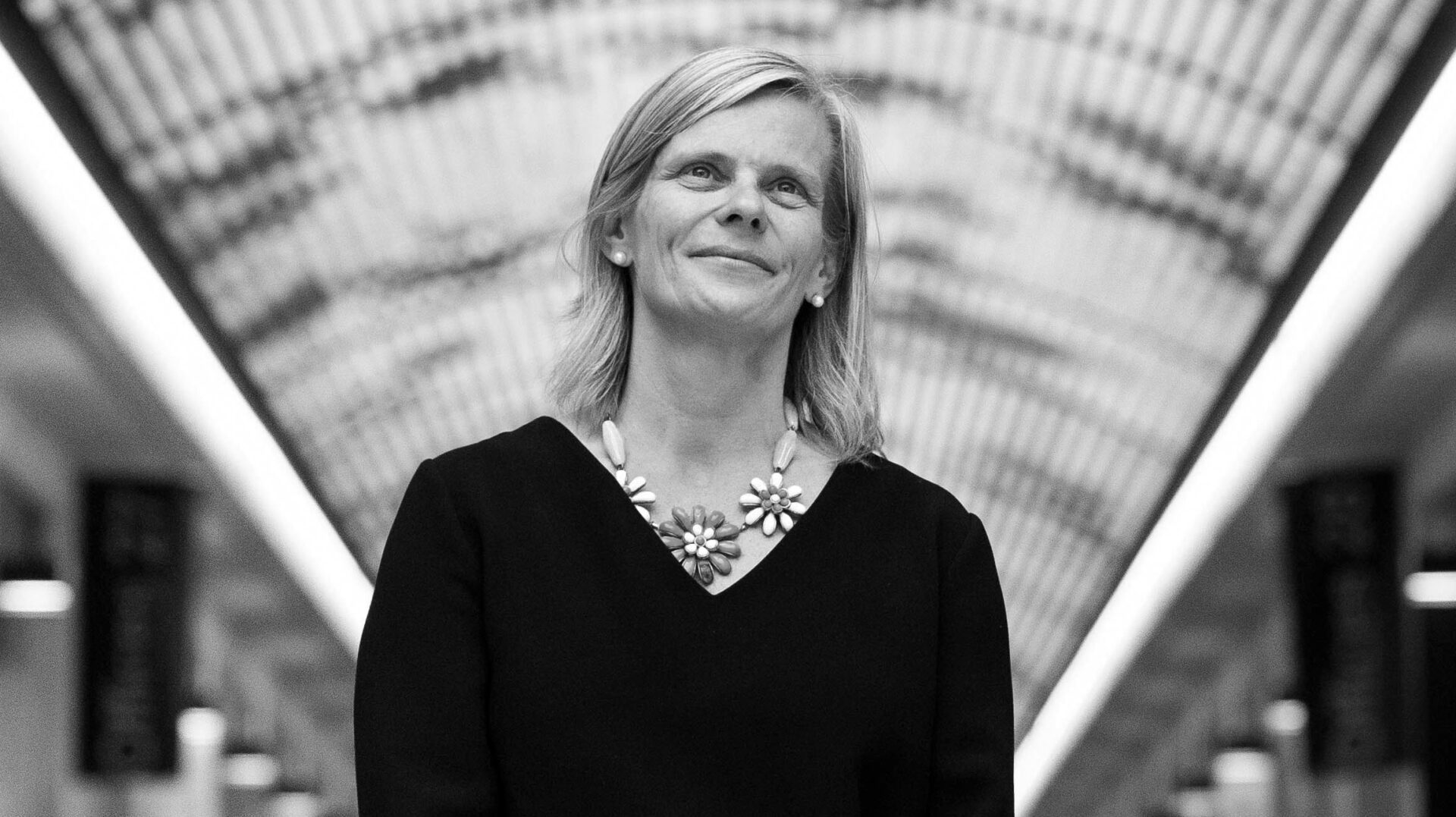Undeniably, universities make contributions to political life. They produce policy-relevant research. They educate a large portion of the citizenry, including most future politicians. Many of its members serve as policy advisers to governments and political parties. And many are active as public intellectuals.
But should universities, typically through the voice of their rectors, express political preferences or take a public stance on contentious political issues not directly related to their institutional interests?
This was the theme of the 20th annual Ethical Forum of the Brussels-based University Foundation. Caroline Pauwels, rector of the Vrije Universiteit Brussels, had agreed last June to participate providing her illness allowed her to do so. Very sadly, it did not. She died last August at the age of 58, and the Forum was dedicated to her memory.
That a Belgian rector could voice a particular political position was more evident in the past. Indeed, the very creation of some of our universities was meant as a political act. The Université libre de Bruxelles was born in the 1830s, shortly after Belgian independence, at the initiative of Belgium’s liberal bourgeoisie, and the Universitas Lovaniensis quickly responded by calling itself the Université catholique de Louvain.
But the combination of secularization, democratization, internationalization and public funding led to an evaporation of what could be read into the L/V of the ULB/VUB or into the C/K of the UCLouvain/KU Leuven in order to justify a distinctive political stance unanimously supported by the respective universities’ stakeholders. Political diversity is now the general rule among both staff and students of all our universities.
And when rectors ignore the limitations imposed on their academic freedom by their function and express their personal political views on a wide range of topics, as former KU Leuven rector Rik Torfs evidently loved to do, they trigger irritation in their diverse university communities — and are not re-elected.
Admittedly, public declarations by its authorities are not the only way in which a university can express a political stance. Somewhat more covertly, it could, for example, prohibit research that it finds politically inappropriate, veto the invitation of certain speakers or sanction some of its members who publicly expressed opinions it disapproves of.
However, this is not a comfortable route to take for institutions committed to defending the academic freedom of its teaching staff and to fostering critical thinking among its students. When they take decisions that may smell of political partiality, they will therefore try to find non-political pretexts. Certain speakers could be banned from campus, for example, not because of the views they are expected to present but because of the unrest they are likely to unleash.
Such a dodging strategy is hardly feasible, however, when universities are forced to react to events on their campus that raise a broad political question of national policy. Rector Caroline Pauwels faced such a situation when asylum seekers occupied a building on the VUB campus.
Because of her professed conception of the VUB as an “engaged urban university”, she was under pressure to take a stance, on behalf of the university, in favour of the demands of the sans-papiers, and in particular in favour of a collective regularization to which the federal government of the time strongly objected. She refused to do so. An engaged university, in her eyes, was different from an activist university. Its job was not to take a stance on divisive policy issues, but rather to consistently encourage its students and staff to engage frankly in open debates and, if the circumstances demand it, actively mobilize in an intelligent, well-informed way.
If an engaged university, understood in this spirit, is to equip its students with the required skills and mindset, it should certainly not try to shelter them from deviant or radical ideas. It should rather encourage and teach them to listen to such ideas carefully, with an open but critical mind, to seek out — or formulate themselves — the strongest possible objections they raise, and to evaluate the arguments from all sides serenely, without being carried away by emotions, in the light of the most reliable information they can find.
As for academics, if they are to best contribute to the job of an engaged university, they should certainly not be asked to confine themselves strictly to their expertise. Their individual expertise is only a minuscule fragment of the knowledge that is needed to guide all aspects of public policy. What must be expected from them is rather responsible inexpertise.
The positions they take must be based on their understanding of all the facts relevant to the issue under discussion, within but also beyond the areas in which they can claim any expertise, with the help and under the control of their peers in these fabulous reservoirs of multidisciplinary competences called universities. Moreover, they must necessarily rely on value judgements, which they must be prepared to make explicit and, if not obvious, defend.
Thus, responsible members of the engaged universities we need do not restrict themselves to factual statements, let alone to their own limited field of expertise. They must dare to state what they think is true and to advocate what they think is right, even, indeed especially when it is not to the liking of those who hold power, whether academic, political or economic, or indeed to the taste of their political community’s public opinion or of their own peer group.
But they must do so after due scrutiny of the factual assertions and due reflection on the value judgements which justify the stance they take. Universities do have a political mission, but it is by encouraging the practice of such responsible inexpertise, far more than through rectoral declarations and the imposition of sanctions, that they can best fulfil it.

